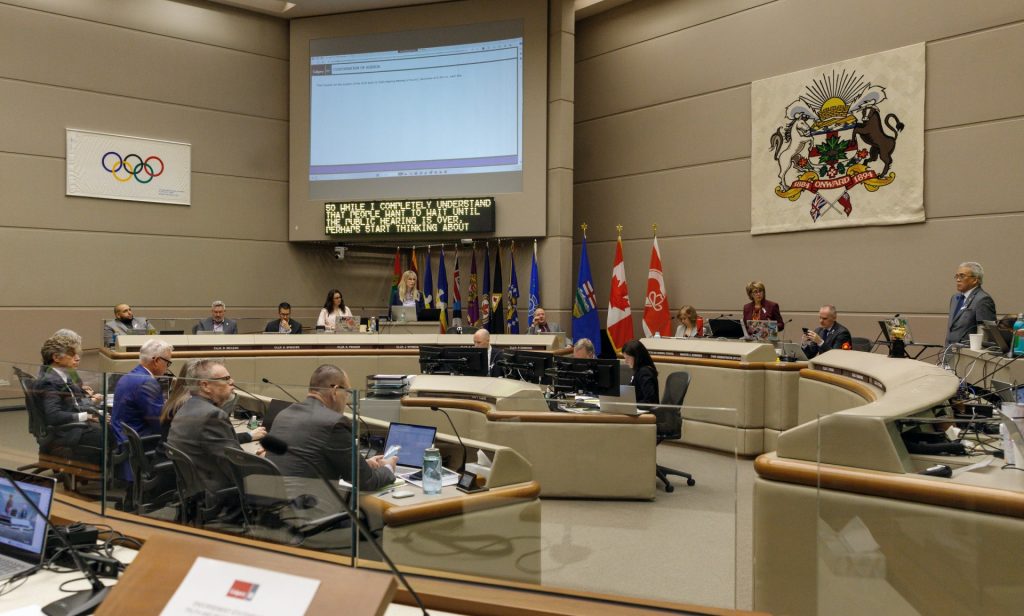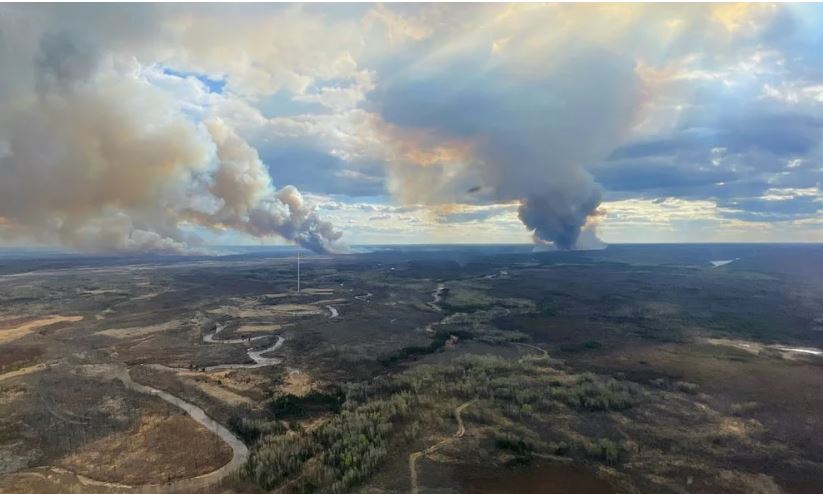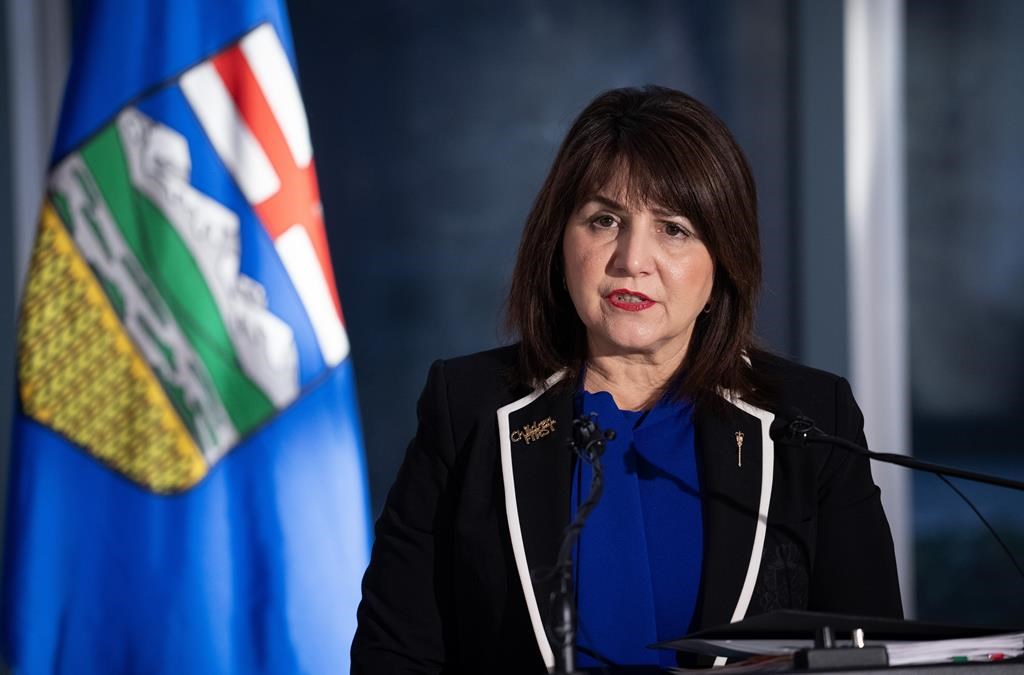4th wave of COVID-19 in Canada inevitable, but severity depends on vaccinations: expert
Posted Jul 20, 2021 8:49 am.
Last Updated Jul 20, 2021 9:52 am.
OTTAWA – A fourth wave of COVID-19 in Canada is inevitable as provinces relax restrictions and the country prepares for a gradual reopening of our border, according to one of the country’s leading infectious disease experts.
However, the question is, how small or how large will that wave be?
“I think this is just going to happen, like, we know this is going to happen,” explained Dr. Isaac Bogoch, who works out of Toronto General Hospital. “There’s always risks involved and we can’t ignore that.”
He believes the border reopening plan from the federal government is reasonable and takes the proper steps by starting with only allowing fully vaccinated travellers from one country into Canada, before expanding from there.
Related video: Federal government to allow fully-vaccinated Americans into Canada Aug. 9
But, Bogoch notes there will always be a risk. Even if Canada sees 80 to 85 per cent of its population vaccinated, there will still be millions of others without protection.
“You don’t have to look too far to see what happens when you reopen where you still have millions of non-immune individuals. You see a rise in cases and, of course, you see a rise in hospitalizations as well,” he said, pointing to spikes in the U.S. and U.K. in recent months.
As of Monday, more than half of eligible Canadians 12 years and older had been fully vaccinated against COVID-19. About 80 per cent of people had received at least one dose.
The country continues to see its daily case count numbers trend in the right directions, with many hopeful for a return to near normal in just months.
And while Canada’s vaccination rate remains among the highest in the world, it is starting to slow as the number of people still looking for a first or second dose shrinks.
As we look at what’s likely to come, Bogoch says the strain on our health system can be minimized and the fourth wave could be small if even more people get vaccinated.
Related articles:
-
Fully vaccinated U.S. citizens allowed to enter Canada as of Aug. 9, rest of world Sept. 7
-
Does Canada need a standardized federal vaccine passport?
-
Many Canadians say vaccination proof must be required of all travellers: poll
He hopes the prospect of travel is the motivation some people need to roll up their sleeves. And if the rise in cases becomes serious, he hopes the federal and provincial governments are ready to take action, should it be needed.
“Governments have to be very nimble, very flexible, and have the ability to pivot,” Bogoch said.
On Monday, Canada announced fully vaccinated U.S. citizens and permanent residents would be allowed into Canada as of Aug. 9. The government said all other fully vaccinated international travellers will be allowed to enter the country starting Sept. 7. But that is only if the Canada’s COVID-19 case counts remain low and vaccination rates keep heading in the right direction.
To qualify as fully vaccinated under the federal government’s rules, incoming travellers must be immunized with a vaccine that is approved by Health Canada at least 14 days prior to arriving in the country. Proof of vaccination has to be uploaded to the “ArriveCAN” app and all travellers still have to provide a quarantine plan just in case.
Unvaccinated individuals will not be allowed to enter Canada for non-essential trips for the time being. If someone or a group is considered essential, they must quarantine for 14 days.
-With files from The Canadian Press










